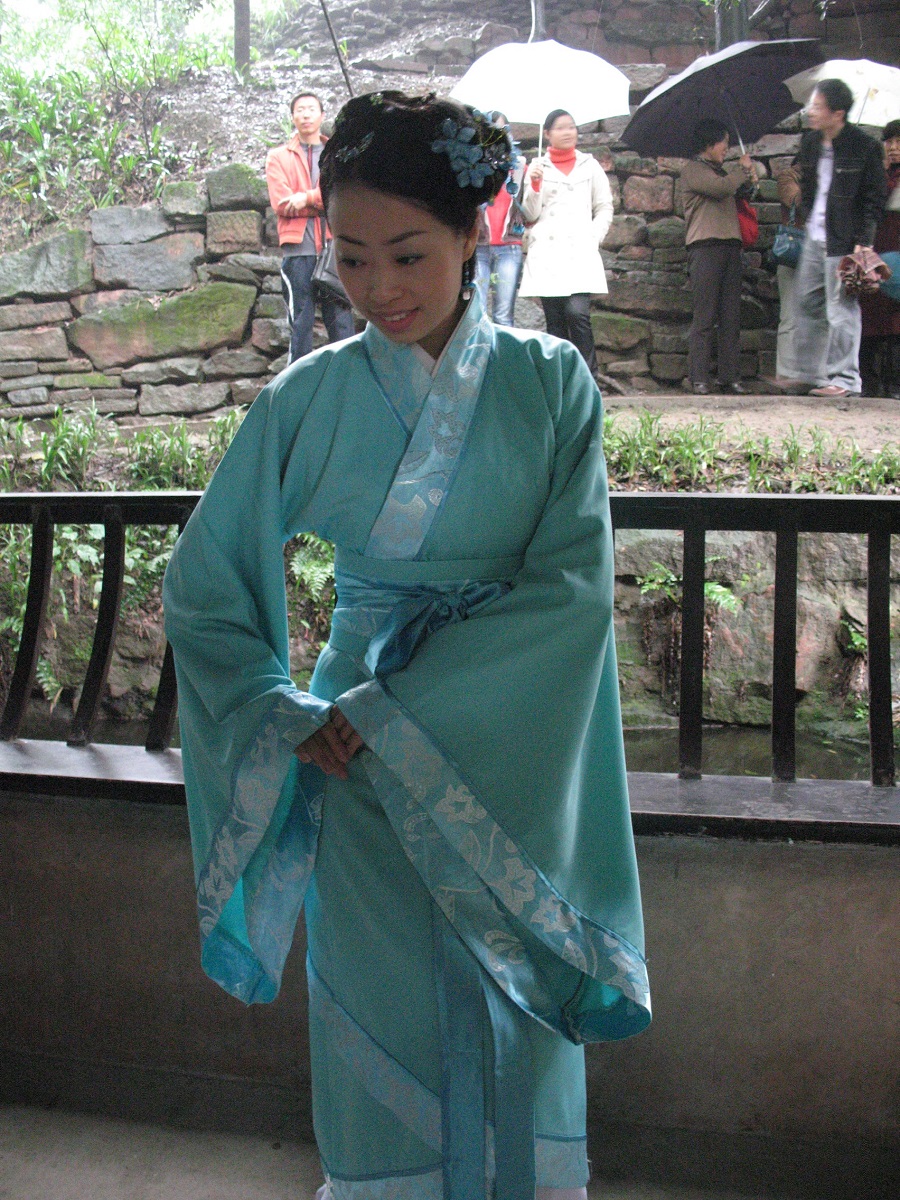Chinese Etiquette
China is a state of ceremonies. Back to five thousand years ago, etiquette used to be the core of traditional culture. Up to now, the etiquette has been really reformed. Thus it becomes rituals of modern civilization. Chinese etiquette in Chinese culture plays a “quasi-legal” role. Etiquette’s origins can be traced back to the early time of human beings. It should be said that at the very beginning of the history of the Chinese nation, etiquette was generated along with the human activities and with a primitive religion. Etiquette is the system to deal with the three relationships among the people, God and the ghosts.
There were “five ceremonies (五礼)” in ancient China. The etiquette of sacrifice was “Jili (吉礼)”, the etiquette of marriage was “Jiali (嘉礼)”, the etiquette of greeting was “Binli (宾礼)”, the etiquette of army was “Junli (军礼)” and the etiquette of funeral was “Xiongli (凶礼)”. In folkways, people divided the etiquette into four parts, birth ceremony - “Sheng (生礼)”, capping ceremony for boy or hair-pinning ceremony for girl - “Guan (冠礼)”, wedding ceremonly - “Hun (婚礼)”, and funeral ceremony “Sang (丧礼)” these four parts. In fact, the etiquette can be divided into two main parts, one is politics, and the other is life.
The understandings of Chinese etiquette can help you raise your self-cultivation and improve your interpersonal relationship. To the officers, to understand each other’s customs will be conductive to the exchanges between the different countries. A person who understands others’ rituals and folk customs can be seen as respecting for others and can be easier to make a good impression on the other side.
In China, the most important relationship in the family is that between parents and son. Arranged marriage is therefore a practical consideration. Parents’ spirit must be placed in household shrines and graves tended regularly. For the most of Chinese, respect and obedience to parental wishes are expected of the children. Parents are responsible for their children’s education and marriage.It is very important for the Chinese to have good relationships with others. They often regard good social relations as a symbol of personal ability and influence. Chinese seldom express what they think directly and they prefer a roundabout way. Neither show their emotions and feelings in public. They greet people with a handshake rather than an embrace or a kiss when they are greeting or saying good-bye. Consequently, it is better not to behave too carefree in public, even though you are well-intentioned.
Chinese are very warm and hospitable, which contained in relationships, being not seemed to be preserved. It is granted to understand the age, occupation, income, marital status, children and other issues with each other. The Westerners will generally not do like that. Chinese will ask the price of goods which is bought by others directly. In the eyes of Chinese people, the price is only for items or rank. It is said the quality of goods. Chinese prefer to ask “where are you going?” when they meet others. This is just a form of calling in China. But if it happens in the United States, it might make the other feel embarrassed, for it belongs to other’s privacy you should not interfere in.
Besides, there are much Chinese etiquette in the situations of Greeting people, table manner, home visit and gift.
Related Reading
